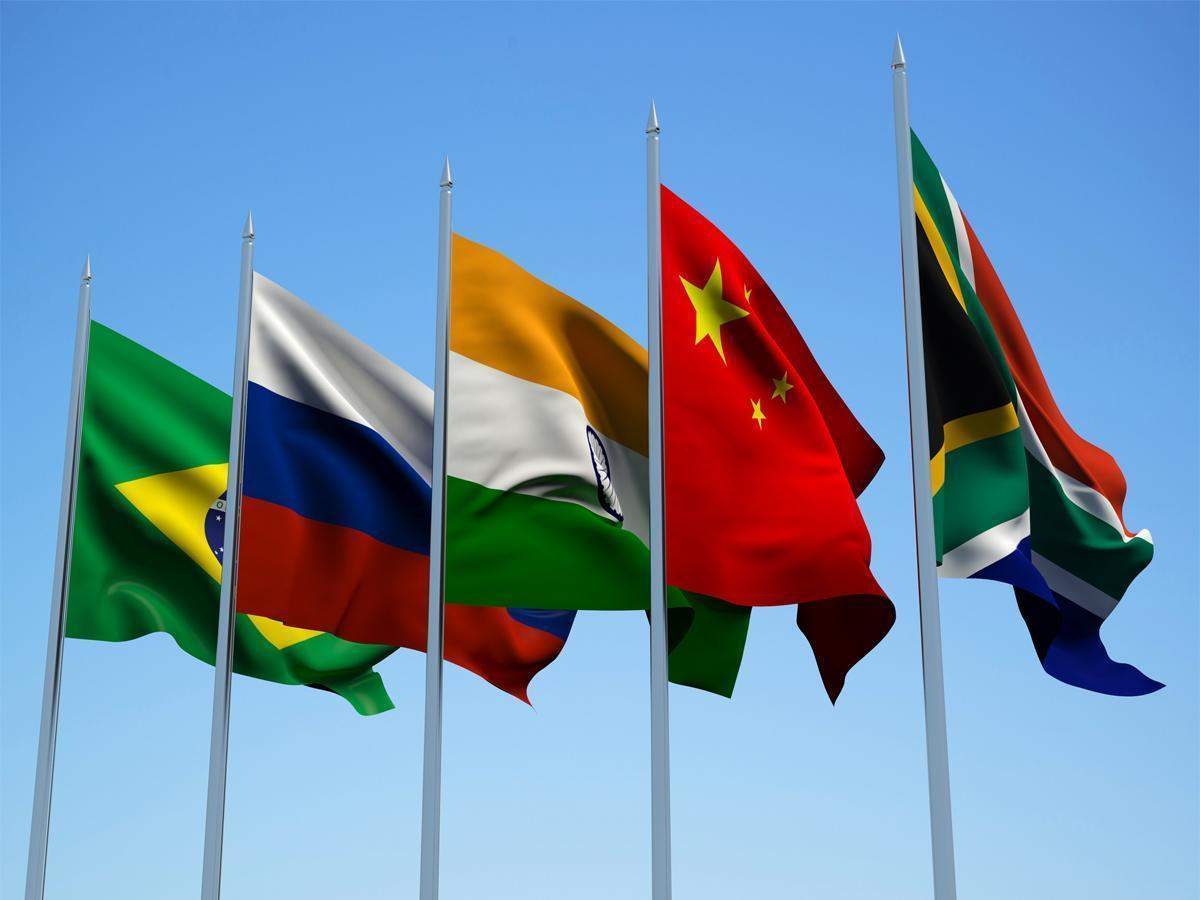Introduction:
As the world evolves, new power dynamics and geopolitical shifts are reshaping the global landscape. One such development is the rise of the BRICS nations, consisting of Brazil, Russia, India, China, and South Africa. This diverse group of emerging economies has increasingly become a formidable force, offering a viable alternative to the traditional dominance of the Western powers. With their combined economic strength, vast resources, and growing influence, the BRICS nations are challenging the status quo and providing a fresh perspective on global governance, trade, and development.
Economic Powerhouses:
The BRICS nations collectively represent over 40% of the world's population and account for nearly a quarter of the global GDP. Their economic growth rates have consistently outpaced those of developed countries, serving as engines of global growth and trade. With China and India leading the way as the world's two most populous countries, their consumer markets offer immense potential for investment and market expansion. Additionally, Russia and Brazil possess abundant natural resources, while South Africa provides a gateway to the African continent. By fostering closer economic cooperation within the bloc, the BRICS nations have the capacity to shape the global economic landscape.
New Development Bank:
Recognizing the need for financial institutions that align with their interests, the BRICS nations established the New Development Bank (NDB) in 2014. The NDB serves as an alternative to the Western-dominated World Bank and International Monetary Fund (IMF), providing funding for infrastructure and sustainable development projects. By leveraging their collective financial resources, the BRICS nations are empowering developing countries to pursue their economic goals without strict conditionalities often associated with Western lending institutions. The NDB promotes a more inclusive and multipolar approach to global development, fostering South-South cooperation and facilitating infrastructure connectivity.
 Brics Nation
Brics Nation
Diplomatic Influence:
Beyond their economic prowess, the BRICS nations are increasingly asserting their diplomatic influence on the global stage. By coordinating their positions, these countries can amplify their voices and shape international discourse. They have been actively advocating for a more equitable international order, calling for reforms in global governance structures that reflect the evolving power dynamics. As major contributors to peacekeeping missions and regional security, the BRICS nations are actively engaged in resolving conflicts and promoting stability, thereby challenging the West's historical monopoly in these areas.
Trade and Multilateralism:
The BRICS nations have embraced multilateralism as a means to strengthen their collective bargaining power in trade negotiations. They have championed initiatives like the Regional Comprehensive Economic Partnership (RCEP), which has become the world's largest trade agreement, comprising nearly a third of global GDP. By diversifying their trading partners and reducing dependence on Western markets, the BRICS nations are carving out a niche for themselves in the global economy. This alternative trade architecture fosters greater South-South trade and promotes a fairer distribution of economic benefits.
Conclusion:
The BRICS nations have emerged as a compelling alternative to the West, offering a new vision for global governance, economic development, and trade. Their collective economic strength, diverse resources, and growing diplomatic influence enable them to challenge the traditional dominance of Western powers. By establishing institutions such as the New Development Bank and advocating for reforms in global governance structures, the BRICS nations are working towards a more multipolar and equitable world order. As their influence continues to grow, the BRICS nations are demonstrating that alternative models can foster greater inclusivity, cooperation, and shared prosperity on the global stage.

 Brics Nation
Brics Nation